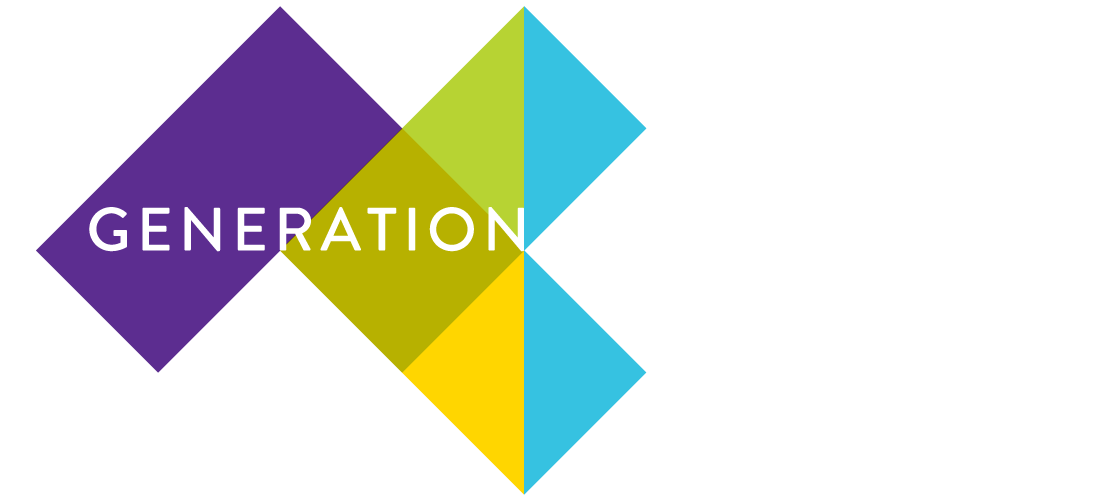Summer 2024
A note on education for the visually impaired:
Since the 1900s, Braille has been the foundation of literacy for visually impaired individuals, often coined as the “first revolution” for the blind, however, Braille has increasingly become a barrier to education rather than an enabler. The most significant limitation is that Braille becomes inadequate as visually impaired individuals advance to higher levels of education, particularly in STEM. Braille material becomes more scarce, and less efficient to use during preparation and exams, and is simply not incorporated in higher institutions like colleges and the workplace. Emerging technologies such as audiobooks and text-to-speech software have been proposed as solutions for inequitable education, but such technologies lack navigational features, making it difficult to locate different parts of the text. So, although this solution may be equitable, it’s not exactly inclusive to all visually impaired students because it limits their ability to engage with the material in the same way as their sighted peers.
What is the mission of your non-profit, Vision Beyond Sight?
Vision Beyond Sight strives to empower the global visually impaired community through inclusive and equitable education and financial aid. We work to achieve this by providing educational material in accessible formats, sponsoring assistive technology at free or subsidized costs through creative fundraising activities, and providing scholarships to underprivileged visually impaired individuals who obtain admission into top colleges and institutes.
What kind of educational materials does Vision Beyond Sight create?
Vision Beyond Sight converts school and college textbooks that are originally in print formats into accessible formats, specifically the EPUB format. While many online library databases offer novels and non-academic material in accessible formats, there is a lack of educational resources, such as school and college exams and preparation materials, available, which inhibits visually impaired students from acquiring the knowledge they need to advance to higher education. The only way for visually impaired students to access their educational material is through assistive devices, which are limited to reading material in EPUB formats. To achieve this, we have a group of volunteers who are trained to learn and implement a set of rules that follow the EPUB format in order to maintain accuracy and consistency.
Can you describe one of your past initiatives and the impact it has had on the visually impaired community?
One of the organization's past initiatives is the Seedlings 4 Education fundraising initiative. Every year, my family and other members of Vision Beyond Sight raise vegetable plants in our homes. The proceeds from the plants are donated to the organization.” I like to think that each seedling that we grow is like nurturing the dreams and aspirations of a visually impaired student.” Once the seedlings are large enough, we sell them to our local community for donations. To date, we have raised over 5000 vegetable plants and raised over $40,000 in donations. All proceeds have been used to procure a total of 400 assistive devices for visually impaired students across 11 different states in India. We are continuing this fundraising initiative this year as well.
What advice would you give to someone who would like to run their own non-profit?
“My first piece of advice would be to identify a problem that affects not just our world, but your world. Find a cause that resonates with you because that will be the catalyst for the goals you plan to achieve and the impact you hope to create. Second, form a team of dedicated individuals who have the same drive and vision as you. Many people who start their own initiatives believe that everything can be achieved alone; however, if you are looking to scale your efforts and expand your impact, it’s essential to collaborate with others and implement diverse perspectives. My most important piece of advice is to not be afraid to ask. Whether it’s for support, resources, or guidance, reaching out can create opportunities that you never knew existed. The worst outcome is hearing “no”, but more often than not, you will find people willing to help, collaborate, and support your mission.”


